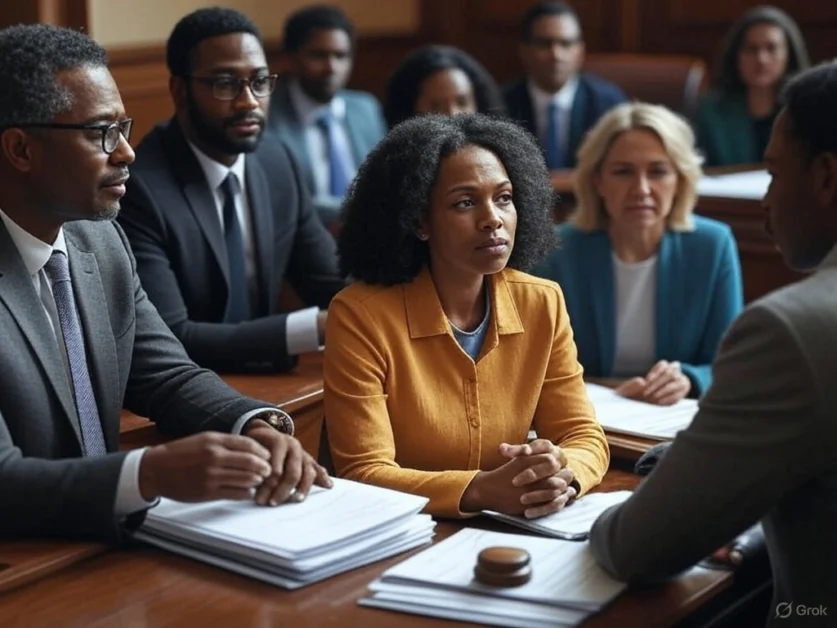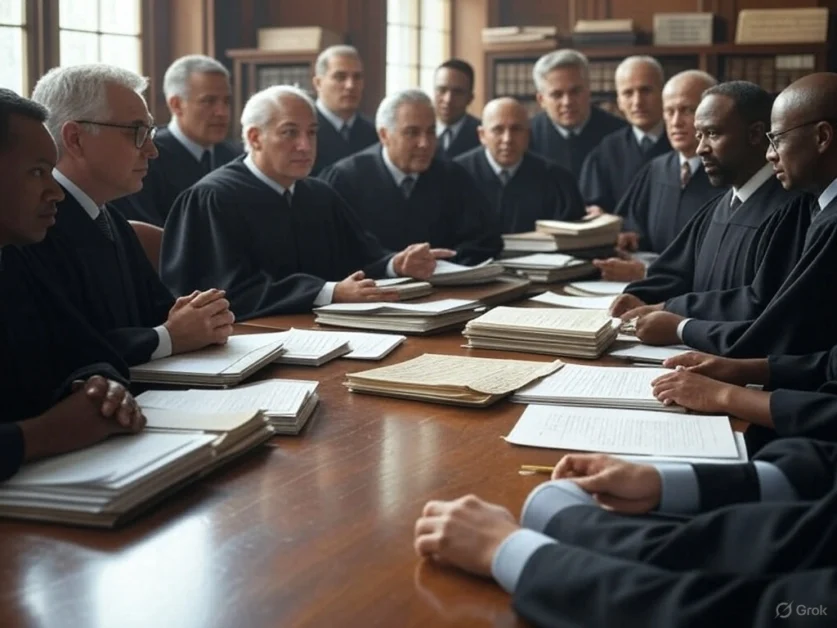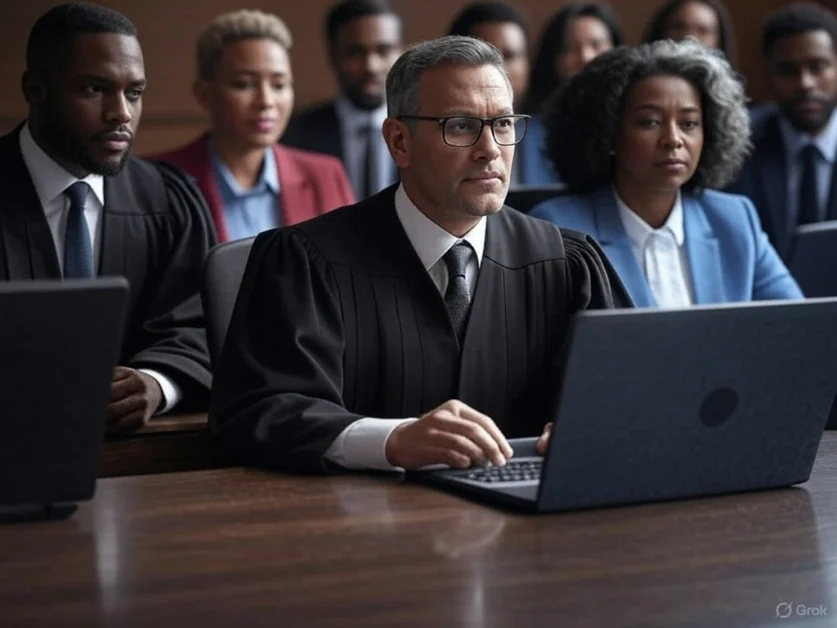Criminal Law

Comprehensive Guide to Criminal Law: Understanding Your Legal Rights
Criminal law, a fundamental part of the legal system, governs the process of prosecuting and penalizing individuals who commit crimes. Understanding the intricacies of criminal law is essential not only for legal professionals but also for the general public.
At its core, criminal law focuses on behavior classified as illegal and punishable by the state. This includes a wide array of offenses, from minor infractions like traffic violations to major crimes like murder and robbery. The severity of the punishment typically corresponds to the gravity of the offense, ranging from fines and community service to imprisonment or even capital punishment in some jurisdictions.
One of the key principles in criminal law is the presumption of innocence. This means that an individual is considered innocent until proven guilty beyond a reasonable doubt. This principle ensures fairness in the legal process and places the burden of proof on the prosecution.
Legal representation is a critical aspect of criminal law. The right to an attorney, guaranteed in many legal systems, is vital in ensuring that the accused receives a fair trial. Defense lawyers play a crucial role in protecting the rights of their clients, challenging evidence, and presenting legal arguments to the court.
Another important aspect is the differentiation between various types of crimes. For instance, distinctions are made between felonies and misdemeanors based on their severity. Understanding these categories is important for comprehending the potential legal consequences of different actions.
Additionally, criminal law is continuously evolving. Legal reforms, changes in societal values, and advancements in technology all contribute to the dynamic nature of criminal law. Staying updated with these changes is crucial for legal professionals and can be beneficial for the general public as well.
In conclusion, criminal law is a complex and multifaceted field that impacts society at large. Whether you are a legal professional, a student of law, or simply a citizen seeking to be more informed, understanding the basics of criminal law is invaluable. It helps in recognizing legal rights, responsibilities, and the workings of the justice system.










